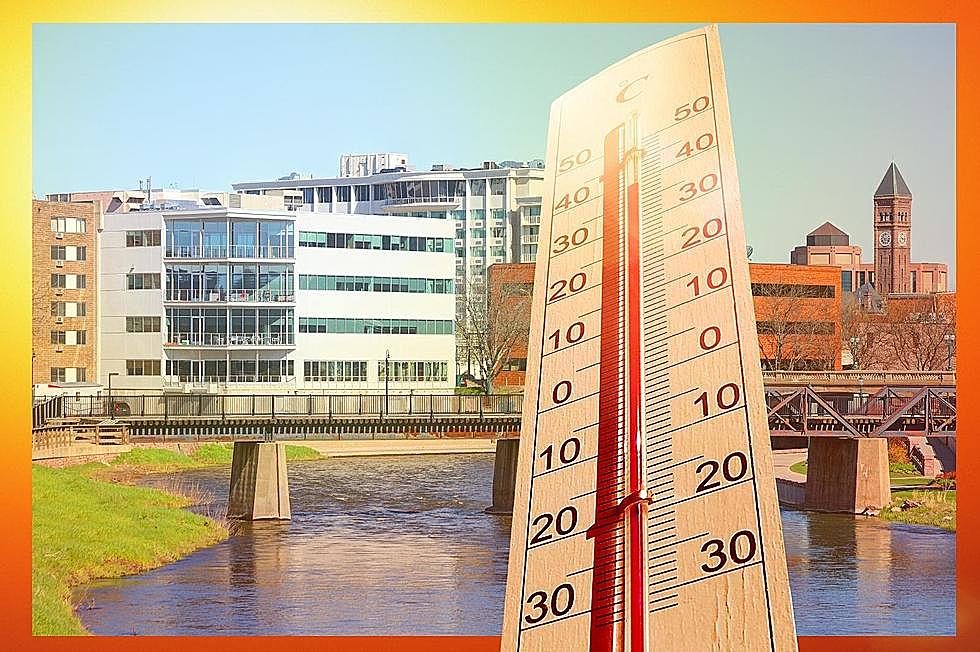
When South Dakota and Minnesota Cooked Under Blazing Heat in 1988
In the summer of 1988 Sioux Falls melted under a record-breaking heatwave. The city hit its highest temperature ever, for a second time.
For South Dakota, Iowa, Minnesota, and the rest of the Midwest, June 1988 was egg frying on the sidewalk hot. The heat plus a serious ongoing drought were making life miserable.
In fact, nearly every state in the country had temperatures in the 90s and above that June. That year in Minnesota, the Twin Cities had 44 days over 90 degrees (they usually have around 13).

According to a United Press International report from the time, the heat was so strong that roads were buckling, some towns were rationing water, and swimming pools were too hot to offer relief.
Sioux Falls reached a high temperature of 110 degrees on June 21, 1988, as part of a run of several days past the century mark. The city even got mentioned on the national evening news.
That 110 degrees tied the all-time hottest temperature recorded in Sioux Falls. That first recorded occurrence was July 17, 1936, during the dust bowl years.
Other towns in that area set heat records on June 21:
109 in Huron
108 in Aberdeen
108 in Sioux City
106 in Lincoln, Nebraska
105 in Bismark, North Dakota
The June 1988 heat wave was part of a devastating drought that savaged the country that year. The Weather Channel describes it as "...the worst in the Midwest since the 'Dust Bowl' years in the mid-1930s. Damage and costs related to the drought amounted to $40 billion, and there were over 5,000 related fatalities, including heat stress-related."
It was so bad that barge traffic on the Mississippi River had to stop for while because the river was too low. Less than a half-inch of rain fell in Minneapolis, Minnesota that June when their average rainfall for the month is over four inches.
The drought was felt all over the central US in 1988. Many places started June already in bad shape having received less than 50% of normal precipitation. The drought peaked in mid-July. By the end, 45% of the country dealt with drought conditions.



